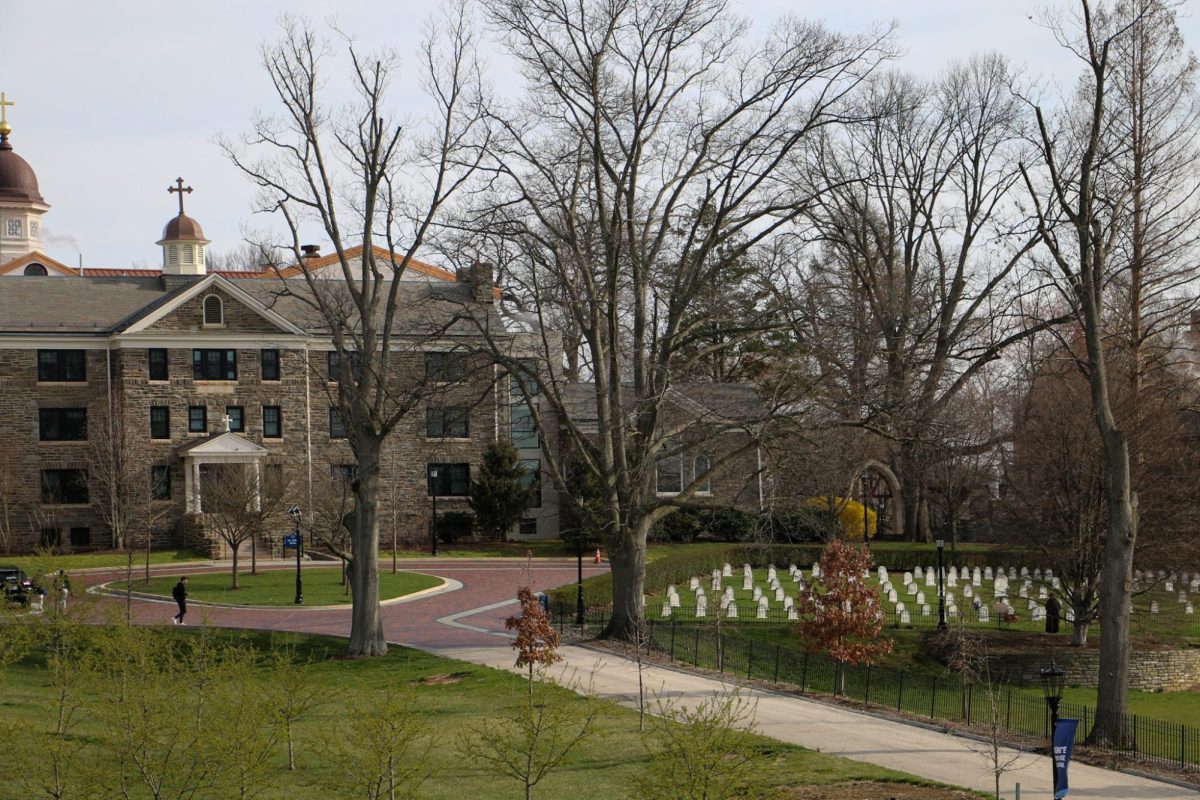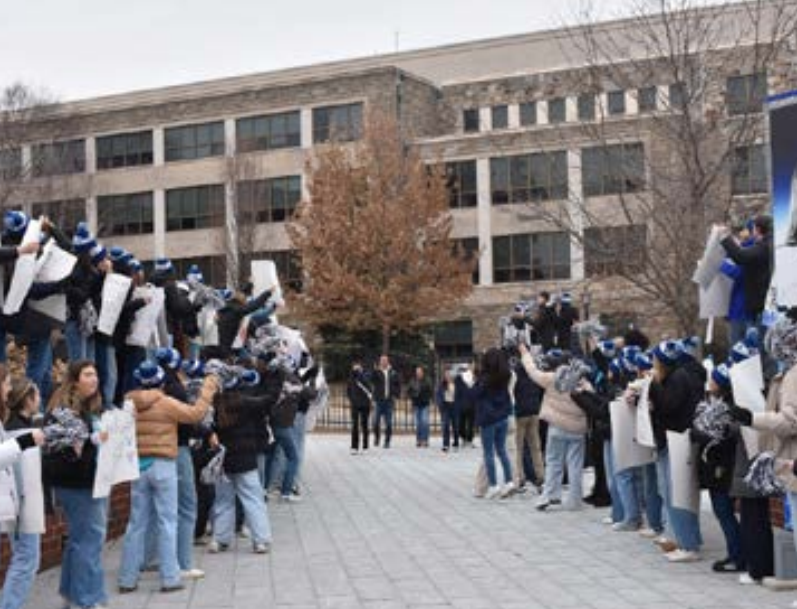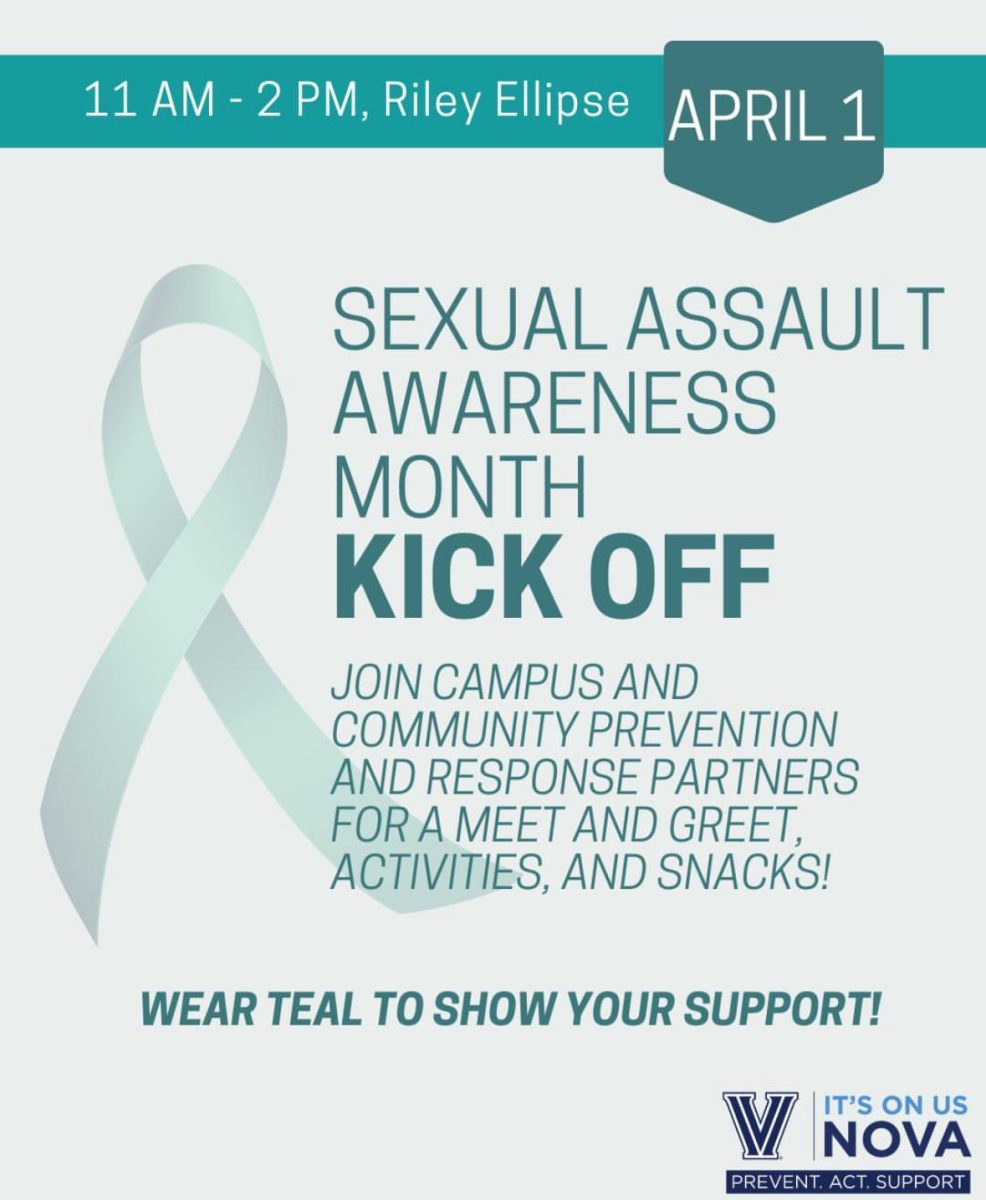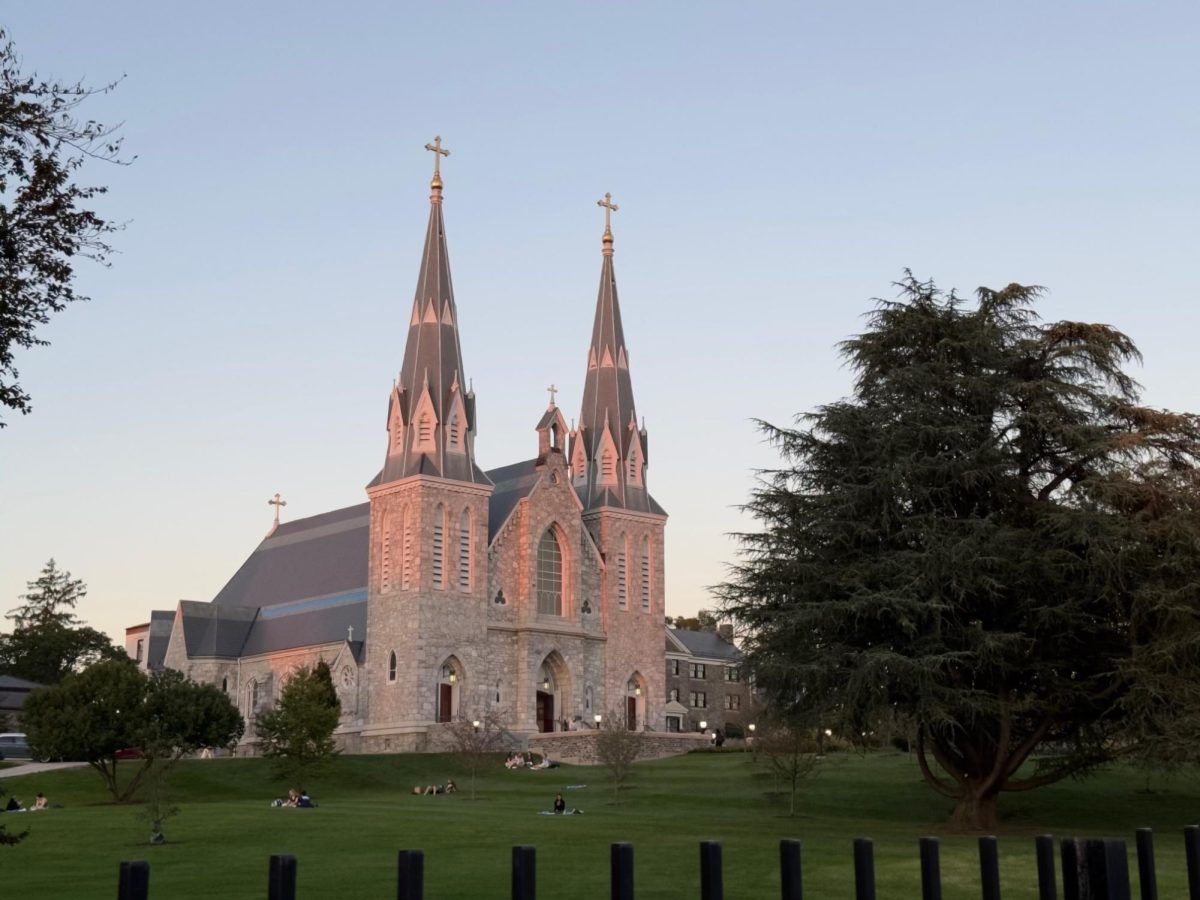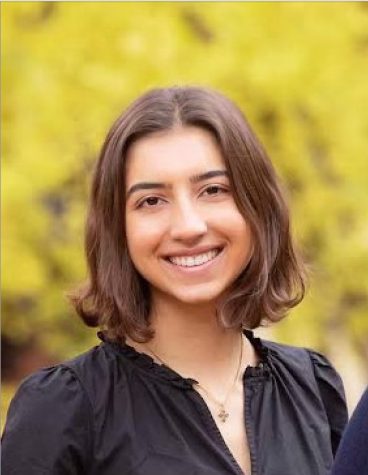A multitude of Earth Day festivities took place through events such as the Earth Day Keynote Address, which captivated students by bringing about awareness to climate change in Villanova’s community. On April 24, at Connelly Cinema, the Earth Day Keynote Address was delivered by Michael Weilbacher, Executive Director of the Schuylkill Environmental Education Center.
Weilbacher has a wide array of experience discovering information about the environment and climate change, as his careers have included being a naturalist, writer and environmental educator. He authored the book, Wild Philly, which discusses the most ideal places in Philadelphia to explore different habits and diversities. Additionally, he served as the executive director of Schuylkill Environmental Education Center, along with other nonprofit organizations. Currently, Weilbacher works as a radio host of Philly’s WHYY public radio station, where he has received numerous awards for his conservation and education efforts.
The keynote address was titled “Hotter, Wetter, Weirder – Climate Change in Philadelphia,” to recognize the changes within the environment, specifically Philadelphia, that have occurred over the past couple decades. Weilbacher discussed some instances that depict the severity of climate change such as the incident in June of 2023, where unhealthy air quality was experienced in the Northeast. This was a result of wildfires that produced significant amounts of smoke into the atmosphere.
Weilbacher explained the “Hotter, Wetter, and Weirder,” aspects of Philly’s climate change. He began by explaining why and how the climate has become hotter. He revealed that, since the nineteenth century, the United States as a whole has increased in heat by 2.6 degrees. Pennsylvania increased by 2.9 degrees and Philadelphia by 3.7 degrees, depicting the remarkable changes in the environment. Even the coldest time of the year for the Philadelphia region has increased by eight degrees.
“Warmer has become the new normal,” Weilbacher said. “The first frost comes later, and winter days are warmer.”
Weilbacher also discussed some of the additional effects of climate changing significantly. He stated that these facts do not simply concern the state of our environment, but they also play into many climate justice issues, as well. Statistically, the neighborhoods that reach the highest temperatures in Philly contain citizens with lower incomes, making it more difficult for communities to pay for air conditioning units and housing utilities in general.
The next portion of the keynote address was dedicated to addressing how the climate is wetter. Weilbacher recognized that the water cycle depicts the way that greater heat results in greater evaporation, and therefore, precipitation. In Philly, there has been a large increase in heavy downpours. He stated that, as environmental scientists have pointed out, this has been reflected in the consistent number of hurricanes over the past 25 years.
When addressing the weirder aspect of the address, Weilbacher pointed out the continuous changes that are resulting from climate change. Not only have people seen these changes, but people have learned new things about our environment, as well. For example, there have been two derechos in Philadelphia. These tornadoes can be very dangerous, as seen through the tragedy of the recent derecho on June 3, 2020, where three people died and there were 850,000 people without power. Language, as well as attitudes surrounding our environment, are evolving and will continue to evolve the more our environment changes.
“Climate is continuing to teach us new language,” Weilbacher said. “We’re all just trying to figure out how this all works.”
Weilbacher acknowledged a few solutions in the final part of his address. Making a choice as small as reducing one’s individual meat consumption can make a great difference in reducing an individual’s carbon footprint. Another solution Weilbacher described was advocating for a better, more environmentally friendly transportation system, a method that has the power to significantly decrease carbon emissions.
The “Warmer, Wetter, Wilder” address was received greatly by students and faculty who were impressed by the informative speech given by Weilbacher. His address not only raised awareness of the environmental challenges that people face, but it also advocated for actionable solutions. This stressed the importance of initiating individual and collective efforts in addressing and confronting pressing issues regarding the environment that people know and love.
“I thought Michael Weilbacher’s talk was extremely eye opening, especially in regard to the danger of water levels,” sophomore James Manion said of the address. “I had known the risk of the temperature increasing but, I hadn’t fully realized how the rising sea level could impact every city, even Philadelphia.”

